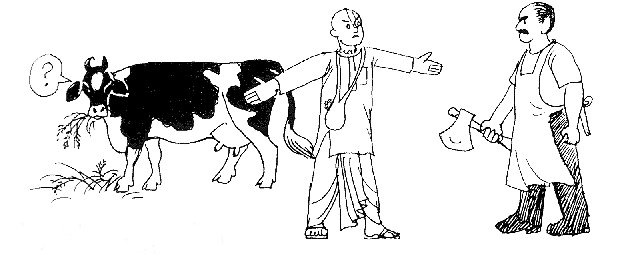The Washington Post's Omission on Voter Suppression
The Washington Post this weekend had a sharply-worded editorial condemning efforts to disenfranchise voters with which I of course agree, but the editorial missed the crucial point. Here's the key paragraph: Yet even if all 1,500 Confederate symbols across the country were removed overnight by some sudden supernatural force, the pernicious crusade to roll back voting rights would continue apace, with voters of color suffering its effects disproportionately. Pushing back hard against those who would purge voter rolls, demand forms of voter ID that many Americans don’t possess, and limit times and venues for voting — this should be a paramount cause for the Trump era. All the forms of voter suppression listed deserve to be combatted, but the chief cause of disenfranchisement in the United States is one that is still rarely challenged: disenfranchisement of those with felony convictions. It's difficult to get a good estimate of the number of people prevented from voting




